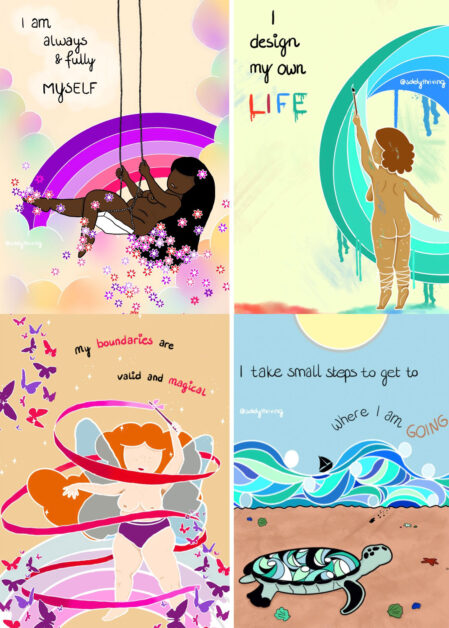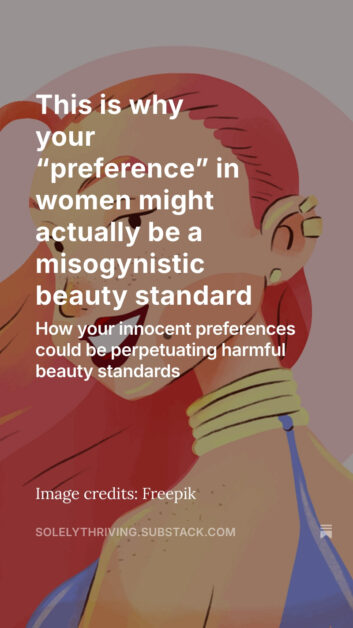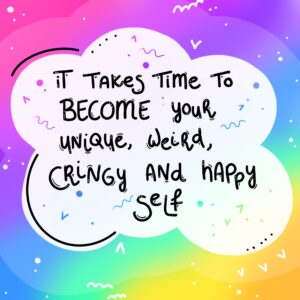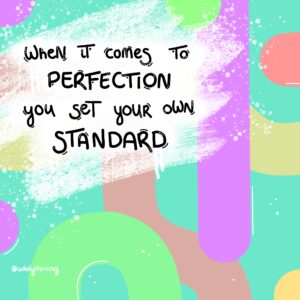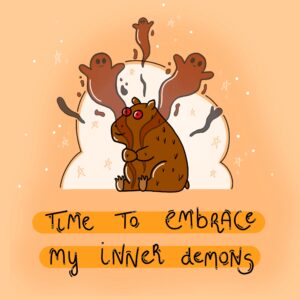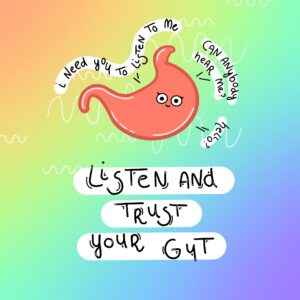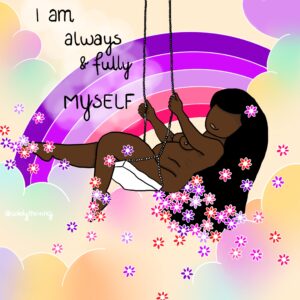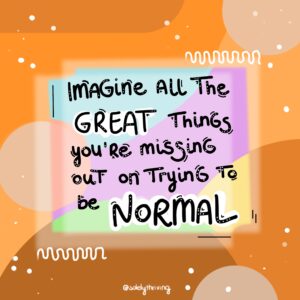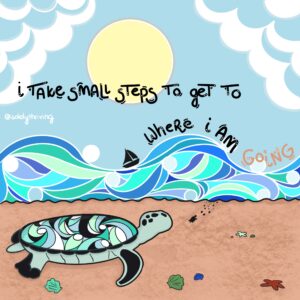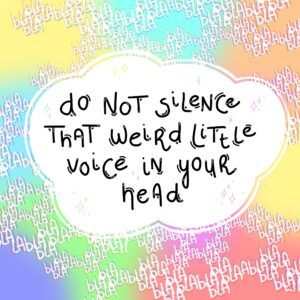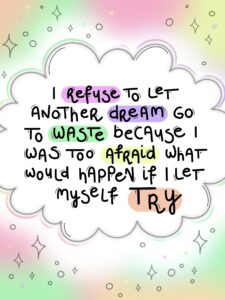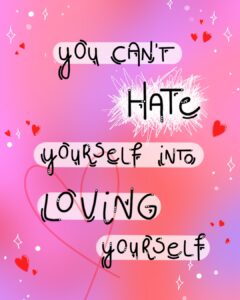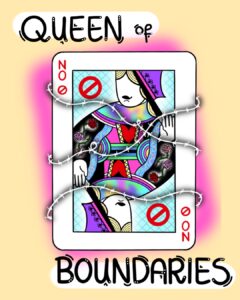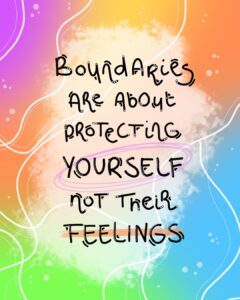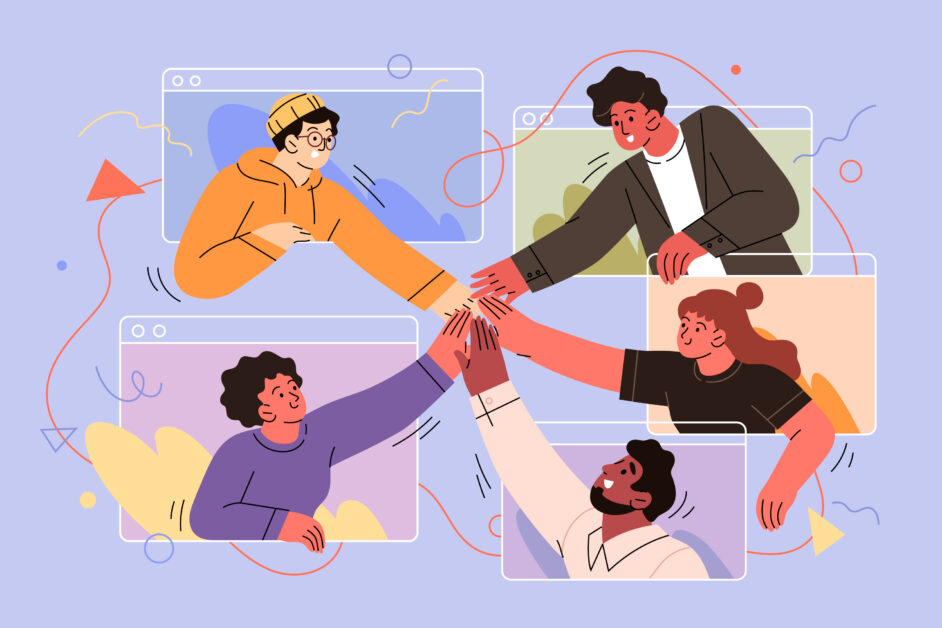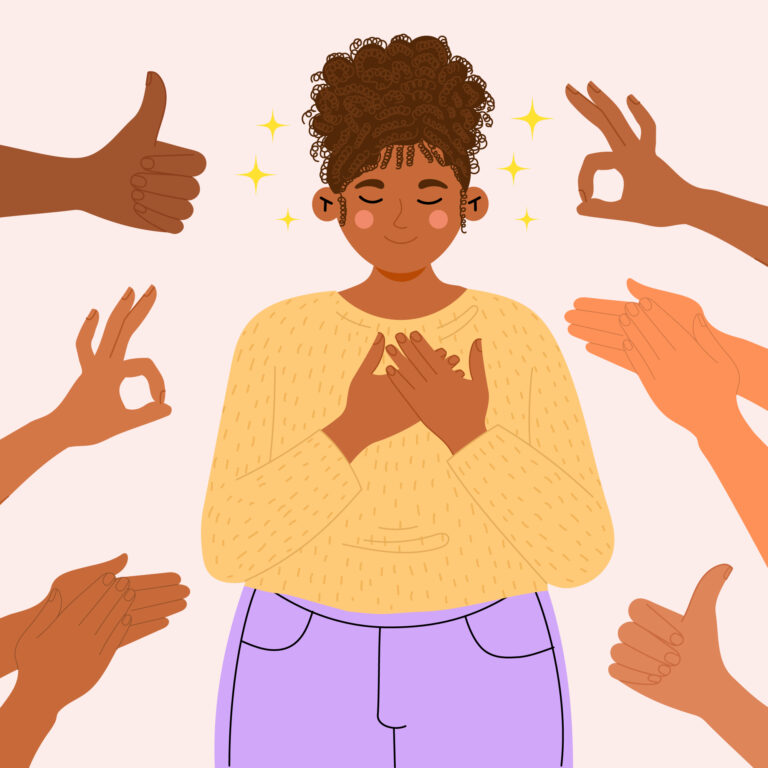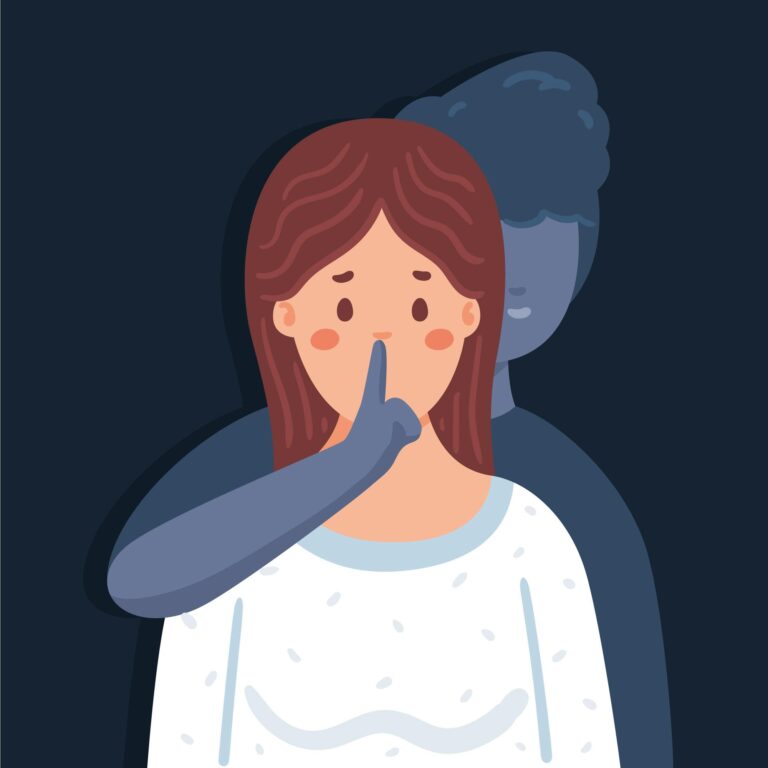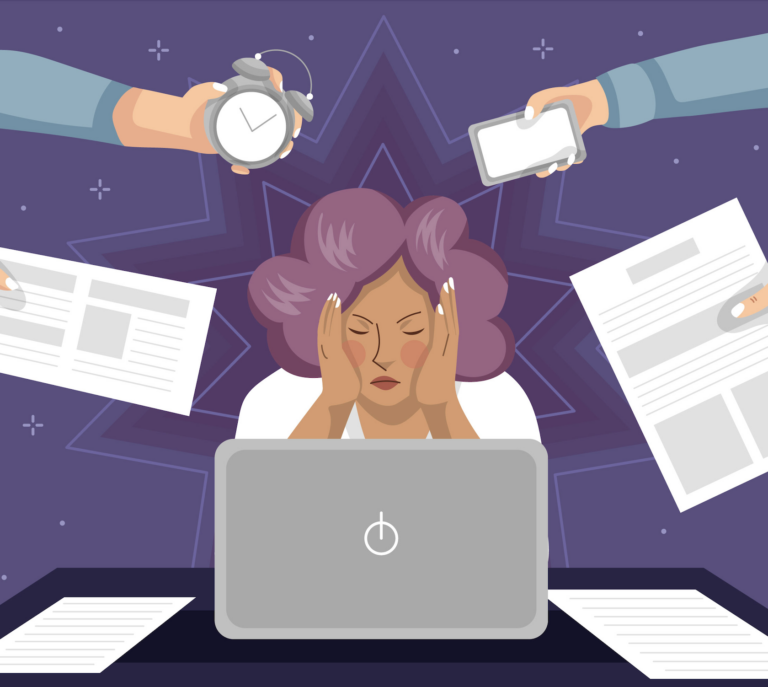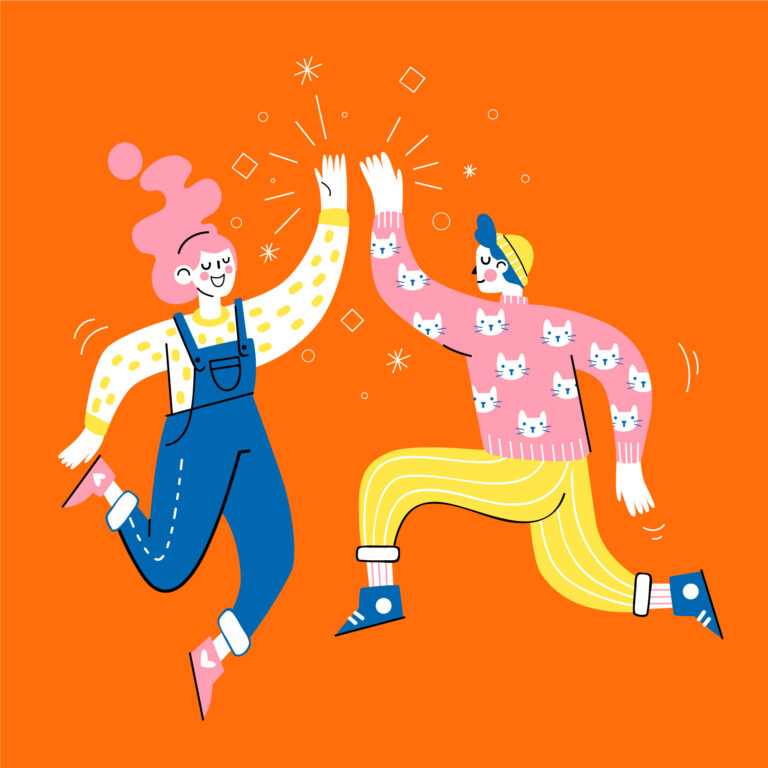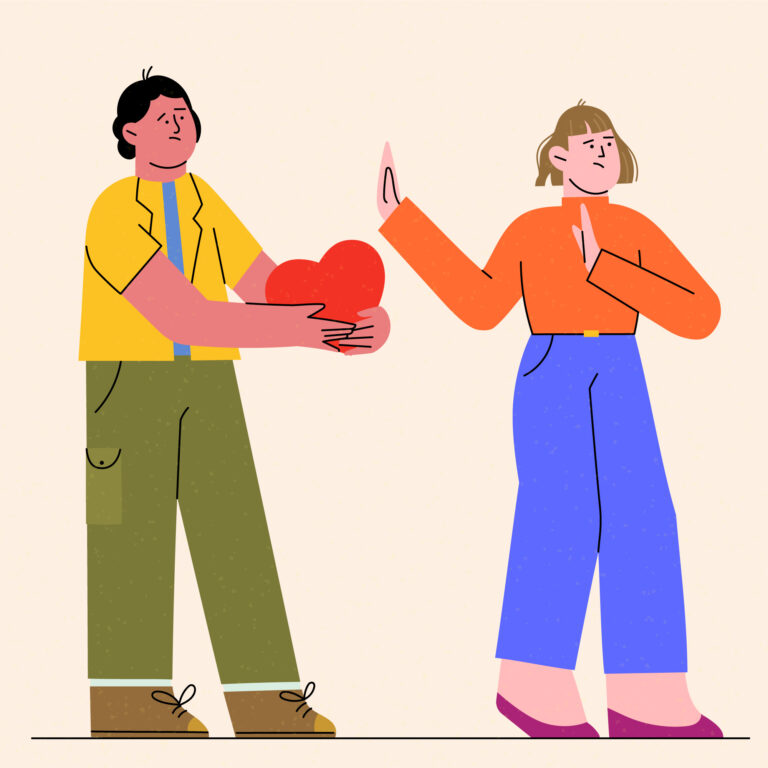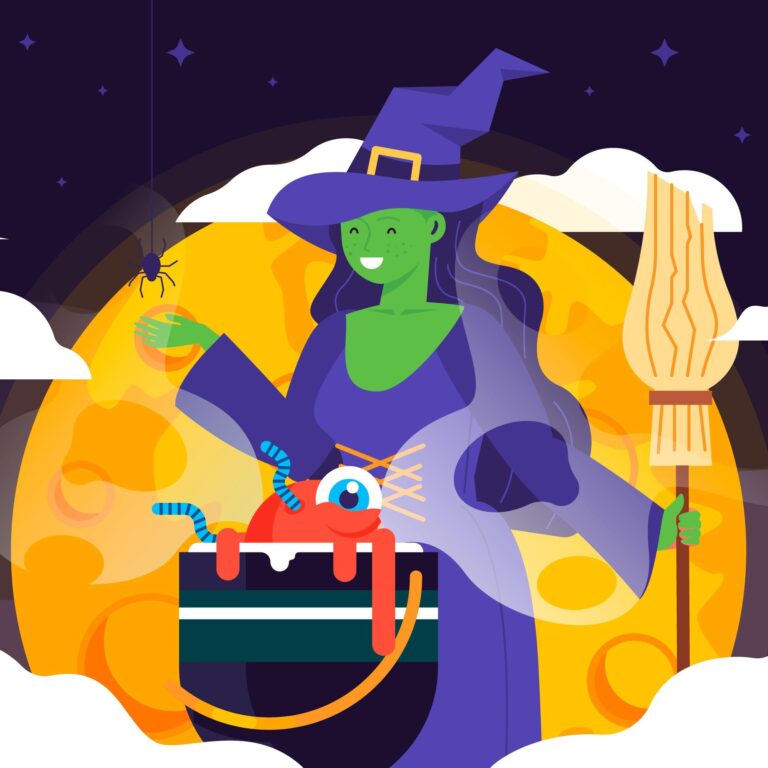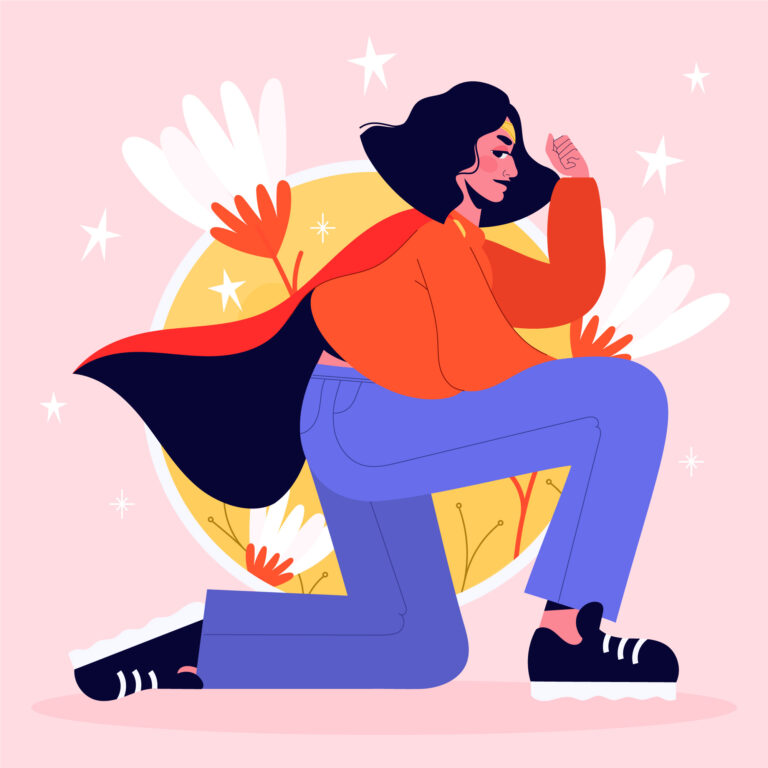Owning mistakes: a guide to living a more authentic life
Saying 'I was wrong' can really go a long way
We are human and that means we definitely will make some mistakes during the course of our lives. Then why is owning these mistakes so difficult? Why do we keep lying or faking our way through the mistakes we make? Even when it actually, eventually, feels way better to own up to your mistakes and learn from them? With this complete guide, you’ll be able to own your mistakes more easily next time you mess up.
Everyone makes mistakes.
It is part of the human experience. Because we simply can’t be perfect. We were never meant to be.
If you consider yourself part of the human species, then messing up is a big part of who you are. It is a big part of life and an inevitable life experience that we have to go through. As Eckhart Tolle said; “It is through the mistakes that the greatest learning happens on an inner level.”. We are the makers of mistakes and that is fine.
To be perfect – without mistakes – means to anticipate every situation perfectly. It means that we blend in, adjust and make all the right moves at exactly the right time.
All the time.
The ‘perfect people’ change their opinions and behavior with the same ease as changing clothes, trying to find a good fit for every situation without ever stepping out of line.
To be perfect means to give up on all the things that make you authentically you. Mistakes are made because we are all unique individuals who respond to situations in our own unique ways. They are needed for us to truly be ourselves. Mistakes and failure are needed for us to learn.
So why are we so scared to do it?
Why do we jump through hoops to avoid stepping out of line? Or worse: why, after making a mistake, do we do everything in our power to make sure no one can trace it back to us? What makes us lie and cheat our way out of something that makes us so much more authentic than pretending to be perfect all the time? And more importantly: how do we stop doing it?
Short summary for quick readers
- We all try to find scapegoats to blame for the mistakes we made ourselves. It can be hard to admit you did something bad and it seems easier to blame it on something or someone else.
- But the truth is that even though you might not seem 'wrong', you're also not doing something good by absolving yourself from blame or accountability.
- If you have to lie in order to become the perfect person you want to be, you'll start hating the person you actually are – who makes mistakes – a little more.
- Mistakes are needed to learn. They provide you with an opportunity to grow. They're a way to improve yourself.
- We learned that mistakes are a bad thing and that they reflect us as a person. But making a mistake doesn't equal being a bad person.
- You have to have compassion for yourself and for the fact that you'll mess up.
- If you can acknowledge and admit your mistake; that it was you and not something or someone else, you can actively work to learn and do better.
- The best way to acknowledge that you're sorry is by trying hard to not make the same mistake again. That is how you learn and grow.
- Mistakes are something we create ourselves; it can only be one when it's perceived as such. Ask yourself: is this really a mistake or is it me punishing myself for breaking some rule that doesn't exist?
* Free wallpaper download * Free wallpaper download * Free wallpaper download
* Free wallpaper download * Free wallpaper download * Free wallpaper download
Where’s that scapegoat?
Picture this: you order a gift three days before Christmas and it does not get there on time. Delivery services are in over their heads, stores are crowded and constantly out of everything; it’s chaos and mayhem all over.
Now it’s the day before Christmas and your package is still pending (AARGH!!).
I bet some of us have yelled at the store, customer service, found the first person available to make us feel like we are not the problem here and dump a big load of blame on them. We anxiously look for a scapegoat and justify the anger by making up a story of how we were wronged.
And when the day comes that we have to show up empty handed, we tell everyone it’s the store’s fault and we are the helpless victims of this terrible crime.
Even if this example doesn’t feel familiar to you, I bet there are others that will. Because this is something we have all done.
Placing the blame instead of owning mistakes
I have done it.
I bought a sewing machine, second hand, and forgot to read the advertisement right. So I ended up with a sewing machine and no cord to actually use it with. And what did I do? I wanted to blame the person who sold it to me. I did not read the ad right and I wanted to blame the person who wrote the ad for selling me exactly what he promised me.
We always look for other places to put the blame just so we can absolve ourselves.
Sometimes it’s the dog, and knowing dogs, they probably won’t hate us for life because of it (they’re cool like that). Sometimes it’s a bridge and sometimes – most times – it’s the people that just stood too close to the road so we threw them under the bus.
Did I do that?
I hate making mistakes. I can’t stand the thought of messing something up and then having to take responsibility for it.
So I invent a glorious story for my mistakes instead of just owning them; ‘I have no idea how that happened, It was all fine when I last checked it. But I did notice my laptop acting funny so maybe the laptop malfunctioned and deleted the file?’ I used to excel at this in high school and I kept practicing until I became a master. I was never too late because I overslept, everything in the universe always worked against me to make sure I did not arrive at school on time.
And no, this was not a simple ‘the dog ate my homework’-situation. These stories were more elaborate and completely thought through to the point where I started to believe it myself.
But what did it make me?
It made me free of punishment and trouble, usually. But these lies, the absence of ‘messing up’ did not make me a better person. It did not make people love me more and most importantly, it did not make me love me more.
That’s not you
Lying means taking your truth and twisting it into something that isn’t you at all.
Especially when we take other people down while doing it.
Telling my teachers that my mom made me late for school does not necessarily make them hate my mom. I don’t even know if they believed my story. But it makes me a liar, something I became while trying to be something I could never be: perfect. And while I realized I needed to lie to others and to myself in order to become the perfect person I wanted to be, I started to hate the person I actually was: a mistake-making failure.
I started to hate the things that made me human.
Owning your true, mistakes-making self
In order to become more authentic, something I think we all want to be, we need to get rid of the veil of lies. If we want to learn and grow, we need to take off the perfect mask we try to wear so desperately. A mask that has never really fit us to begin with. All the charades, the blaming, the acting like we didn’t know; they all need to go.
It is time for us to finally learn how to make mistakes, and own them. So let’s do just that.
We’ll start with some pointers about the way you look at mistakes; the way you value them. After that we’ll try and find some guidelines to deal with mistakes.
#1. Owning Mistakes to learn and grow
As I mentioned before, mistakes are needed in order to learn. This is something that we need to understand in order to not feel as bad about making mistakes; they are a way for us to grow and improve.
A mistake, or a wrongly executed action, means that there is another option; another way to execute said action.
Whether that is the ‘right’ way or not, it provides for a learning opportunity either way, because we get to look for all those other options. If we do not admit that we made the mistake in the first place, if we cover it up with lies or if we blame someone else, we deprive ourselves of the opportunity to learn.
We deprive ourselves of the opportunity to grow.
Doing something wrong gives us the opportunity to look for new paths, to think of new solutions and to use our creativity to solve a problem that we have tried to overcome without success. This will make us solve similar problems with ease when they present themselves in the future.
This is why we need mistakes and why we need to see mistakes exactly for what they are: a way to improve ourselves. Instead of proof that we are incompetent and useless. This is why we should be owning our mistakes.
When we accept the truth of mistakes – that they’re inevitable – we can shift our perspective. By viewing your mistakes as opportunities for learning and growth, you will feel less inclined to shift the blame to the first person – or dog – in sight, ultimately bringing you closer to your true self.
#2. It’s not personal
If making a mistake is so normal, then why do we feel so shitty whenever we do it? If mistakes are an opportunity to grow, then they should be celebrated. So why aren’t they?
Because we have learned from an early age that mistakes are a bad thing. And usually this lesson was taught in a way that makes it seem like the maker of the mistake is just as bad as the mistake itself.
We feel like the mistake reflects us as a person and for messing up we feel messed up ourselves.
The people who shame us for making mistakes are the same people that have been shamed for mistake-making by the adults around them. The blame game is passed on through generations, making us think that this is the only truth: mistakes are bad and we are bad for making them.
No wonder we try everything in our power to not get blamed for whatever we did. No wonder we never own these opportunities for learning and rather avoid them instead.
In order to become better at making mistakes and owning them, you need to learn that mistakes are not bad. This is the concept we tried to grasp in the first point. After that we need to understand that making a mistake does not equal being a bad person. And how could it? If mistakes are good things that will teach us and help us acquire certain skills, then it can only be a good thing to make mistakes.
So make them!
#3. Compassion. Yes, again
I talk a lot about compassion.
I talked about compassion as one of the keys to self-love in this blog and I talk about the importance of compassion for yourself in order to refrain from judging others in this one. Compassion is so important (that’s probably why I keep going on and on about it), because compassion eventually leads to forgiveness.
If you can not forgive yourself for your mishaps your blame will build up and the hate for yourself will only grow.
As you can see, compassion relates to both point one and two; we have to forgive ourselves for the mistakes we make in order to learn from them and in order to forgive ourselves for making them in the first place.
So read up on one of these blog posts if you’d like to. This will help you get a better understanding of compassion and how you can be more compassionate to yourself.
If you can approach your mistakes with compassion, you will not perceive them as bad. You will forgive the mistake and you will forgive the person who made it. Because you are showing yourself kindness and you are reminding yourself that you can not be perfect. Compassion will lead to the change in perspective and it will make you feel less of a failure whenever a mistake is made.
And that is all we want in this case.
#4. Face the mistakes before owning them
You have been driving for a while. Your partner sits next to you, quietly humming along to the music on the radio. It’s a nice warm day and you feel good. You’re almost there, only a thirty minute drive left.
Suddenly the car begins to make an alarming sound and you feverishly look for the source of the noise.
You notice the gas meter on the dashboard: empty.
You feel your cheeks flushing and your mind races; why didn’t you get gas? How could this happen? Why did you not notice the light or the little beep that the gas tank was running empty? Couldn’t your partner have warned you about the light or the beep? Why… Wait. Yes. It’s their fault. Them and their humming. It can’t all be on you, you were driving the whole time. You planned the whole trip.
So you open your mouth and only blame spills out. Everything to make sure you don’t have to feel guilty about being stranded on the side of the road. But if you actively blame them, does that automatically mean it is their fault? Or does the blame actually go to the loudest person in the room?
The person who kept yelling ‘not me’ happened to have been ‘it’ the whole time.
Look at yourself
In order to stop this blame-game you have to take a good hard look in the mirror and ask: what was my part in this? My mom always used to ask us this whenever we got in trouble and we wanted her to step in. All the other kids always ran to their parents to get them to help and interfere. But annoyingly my mom never did. All she did was say: ‘well, you probably must have done something wrong too.’
Even though this parenting method is debatable, that mirror is what is needed to see ourselves and understand that we are indeed part of the problem. Even if it is not necessarily our fault. As long as we keep pushing all blame away from us, afraid that it is going to bite us in the ass, we will never be able to make mistakes authentically.
In order to become better at making mistakes, we have to face the music and see that we in fact are the ones singing the tune.
#5. Admit it
After facing the mistake yourself, the truth exists inside of you. You know the part you played in the origin of the mistake but this is not something that exists in the outside world yet. The hardest part of these steps is to actually admit that it was you. Not the dog, not the bridge, not your mom, it was you.
That moment is something we would really like to avoid at all costs. If they ask who did it, you completely want to blend in with the background. If they blame someone else you feel a little guilty but maybe also relieved because you are still perfect. At least to the outside world.
Mission accomplished.
If they do find out that it was you, you feel all kinds of bad and you wish you weren’t such a huge disappointment.
At least you would have in the past.
Luckily, we already dealt with those feelings in point one, two and three. We are now sure that mistakes are learning opportunities and that they do not make us a failure. We forgive ourselves for making the mistake because we are compassionate people who would never hold something like that against ourselves.
And so we try to admit this internal ‘secret’ to the outside world. By owning our mistakes. Whenever they ask ‘who did it?’, you are no longer afraid to step up and admit it was you.
Because you know that the mistake does not say anything about your personality.
And you know that you can learn from the mistake itself and from this very moment. Admitting that the mistake was yours makes it less scary; it’s a skill to practice. And whenever we admit to making a mistake, we can show ourselves compassion.
Even if other people won’t.
#6. Fix your mistake
Even though we learned about mistakes being a good thing, this does not mean you want to keep making the same ones over and over again. At the risk of stating the obvious: repeating the exact same behavior that leads to a mistake is not the way to learn and grow.
So the last step to dealing with mistakes is to fix it and not repeat it. You reflect on your actions, maybe apologize or make it right if you hurt someone, and after that you try your best not to repeat the mistake. When you analyze what you did and what you should change in order to do differently next time, you can use that information to your advantage.
That is how you learn and grow. Not by ignoring the mistake, not by placing blame and finding an innocent scapegoat and definitely not by lying about it.
After we have admitted to ourselves and the outside world that it was indeed us (I’m the problem, it’s me), that’s when we can work on making things right and learning how to do differently next time.
Are mistakes even a thing?
After writing a whole blog post about the subject, it feels weird to claim that mistakes are not real. But the truth is, mistakes are only real because we make them so. Mistakes are something we create ourselves. They come from the sense of right and wrong that we as a society created.
This means that a mistake can only be a mistake when it is perceived as such.
A great painter once said “We don’t make mistakes – just happy little accidents.” If you end up coloring outside the lines, you decide whether this is a mistake. It could also just be a splurge of creativity making the coloring page into an abstract drawing.
So always ask yourself: is this really a mistake, or is this me punishing myself for breaking some unspoken rule? When it turns out it’s the latter, then find out if it is really that important to get worked up about.
If you hurt somebody in the process, then yes, you need to face it, admit it and learn from it.
But if it is just some paint outside of the black boundaries of the coloring book of life, then maybe all it is, is a happy little accident.


